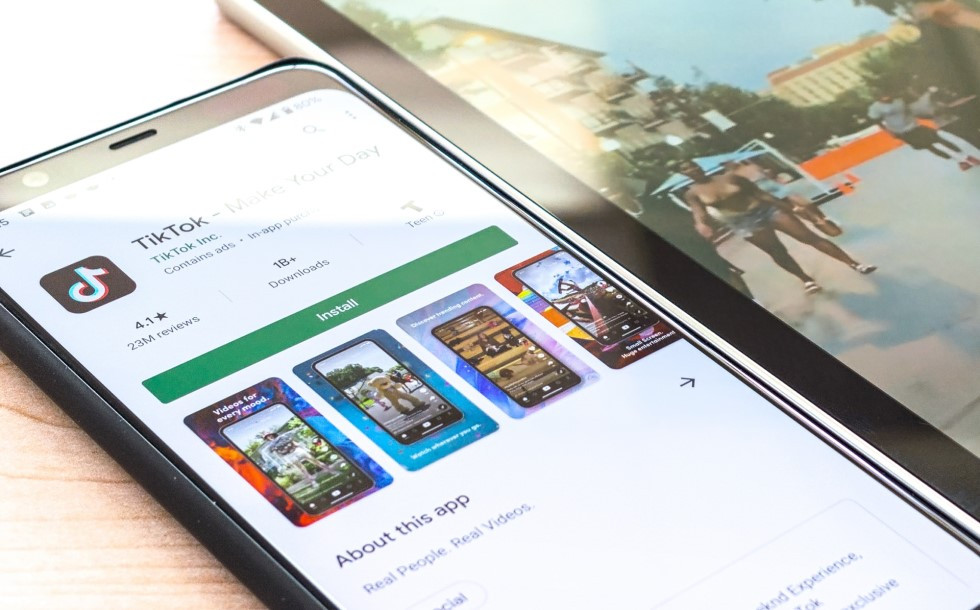In one of the recent posts on the Android Developers blog, Google has unveiled more info about the soon-to-be-launched ‘Safety’ section in Google Play. The search giant has also revealed glimpses of what will happen when their new safety and privacy policies are introduced in early 2020, showcasing the new section’s overall interface appeal and the requirements for developers. Read on if you want to learn more on the topic.
According to the aforementioned blog post, Google Play’s new ‘Safety’ section will grant the developers a straightforward way to let the users in on their app’s overall safety, thus giving transparency into how apps use data. Google announced the upcoming rollout of the new safety section for the Android app marketplace back in May, where application developers will have to reveal how they collect and handle user data, prior to letting the user hit the ‘Install’ button.
This approach resembles Apple’s privacy nutrition labels, where each application has to bring its user data collection details to light.

At a glance, app users will get to see an updated summary in the application’s listing page on the Google play store. The summary will feature the dev’s comments as to which user data the app collects (e.g. personal info, address, contacts, financial data, etc.), how this data is used (e.g. to boost app performance, for better customization, etc.), as well as whether data collection is mandatory or optional.
The tech behemoth will also require all developers to attach a privacy policy to their apps for the purpose of enhancing user transparency.
App devs might begin submitting their data collection details in October, while the new safety section will be launched in early 2020. Google has given the devs a deadline until April 2022 for getting safety sections of their applications approved. According to the tech giant, all new app submissions are likely to be rejected without an approved safety section.
Do you have any thoughts on the topic? Let it all out in the comments below. Your opinion is very important to us (and your fellow readers).







